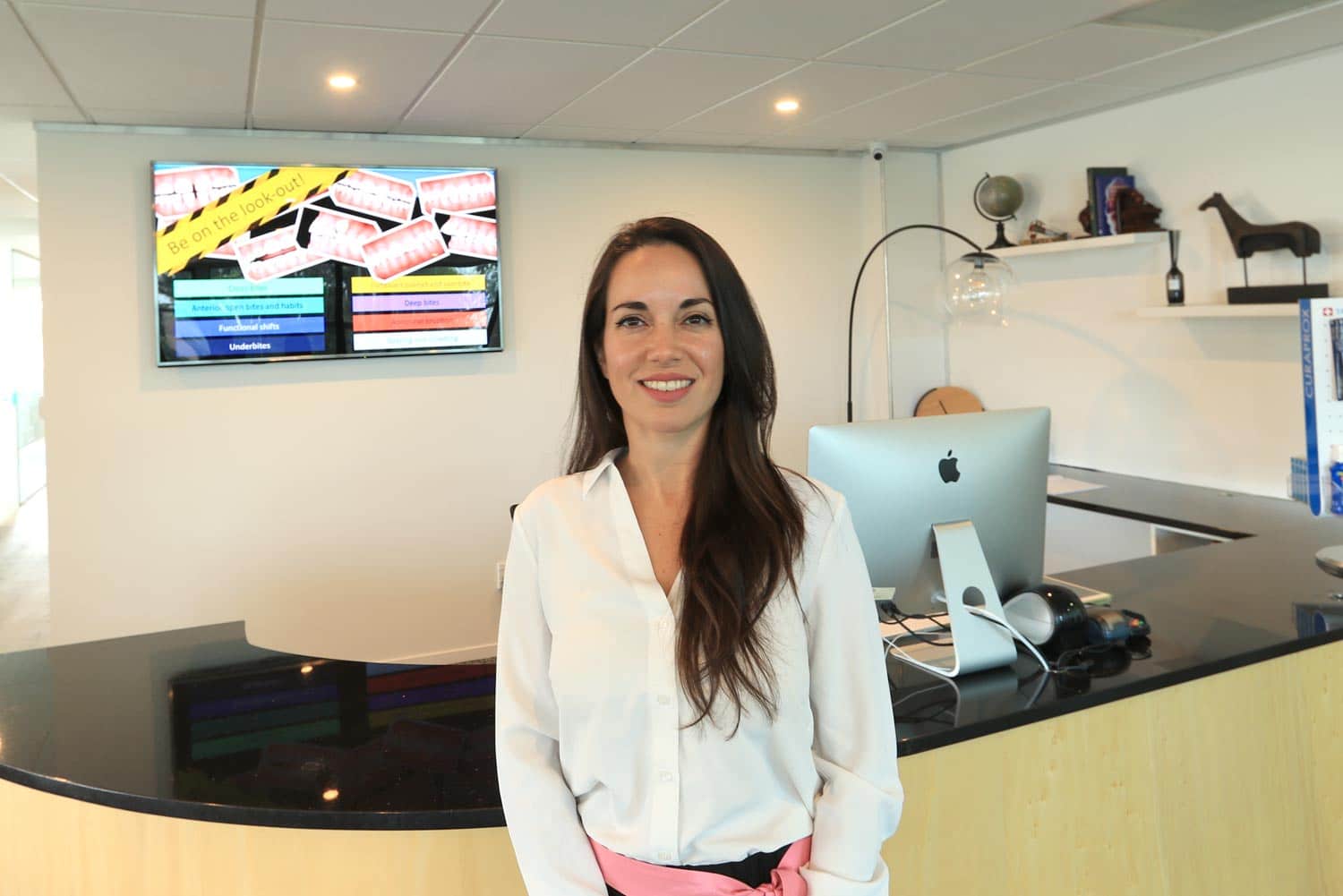What to look for when considering treatment with a specialist orthodontist:
Proximity to your work, home or child’s school – consider that orthodontic treatment occurs over many months and requires many ongoing visits. For this reason, it is important to consider the proximity between your chosen orthodontist to your place of work, home or the school of your child. You should also assess the traffic around the area and the peak hours for traffic. Well organised specialist practices will carry out specific procedures at certain times of the day, meaning that a level of organisation is required when scheduling appointments.
Parking – consider how easy it is to park in the immediate vicinity of the practice and where the nearest car parks are. To allow you to decide how convenient your trips are likely to be with every treatment visit.
Use of technology and efficient systems – practices that focus on treatment efficiency are aligned with providing the highest standards of care. Generally, choosing a digitalised practice provides confidence that your specialist not only values principles and core of their chosen field of speciality but also on their focus for making it better.
Relationship – as orthodontic treatment is a long-term commitment, it is crucial to feel comfortable and ensure that the relationship with your providing specialist develops through trust and professionalism.
Questions and Answers – you should feel comfortable in asking any orthodontic questions that come to mind. The specialist’s job is to communicate key ideas about the jaw/bite/teeth problem(s) you have.
Communication – ensure that you feel respected, listened to and have all your questions answered before committing to this long-term relationship. Most specialists will require a set of measurements, photos, scans and X-rays to be taken so they can study every aspect of the teeth and bite to ensure successful orthodontic treatment.
Research – look up the New Zealand Association of Orthodontists website and ensure the practitioner you are seeing is a registered specialist orthodontist. In New Zealand, to be a specialist dental provider, you must be approved by the Dental Council of New Zealand and recognised as a specialist. People sometimes refer to themselves as a specialist in a treatment modality, but that is certainly misleading.
Cost – ask about a cost estimate to make sure you understand the commitment that is to follow. Insist on a one-off fee structure which should include all the treatment, reviews, adjustments necessary and retainers at the completion of the treatment. Know what you are paying for as often, a quote a low initial cost may have you paying for the adjustments/retainers separately. These end up costing much more than the initially quoted cost for the entire treatment.
Shakespeare Orthodontics: Creating a Smile You Love
4 Auckland Locations: Takapuna (North Shore), Epsom, Warkworth, Howick
Request an Appointment
Ph: 09 2166 888






